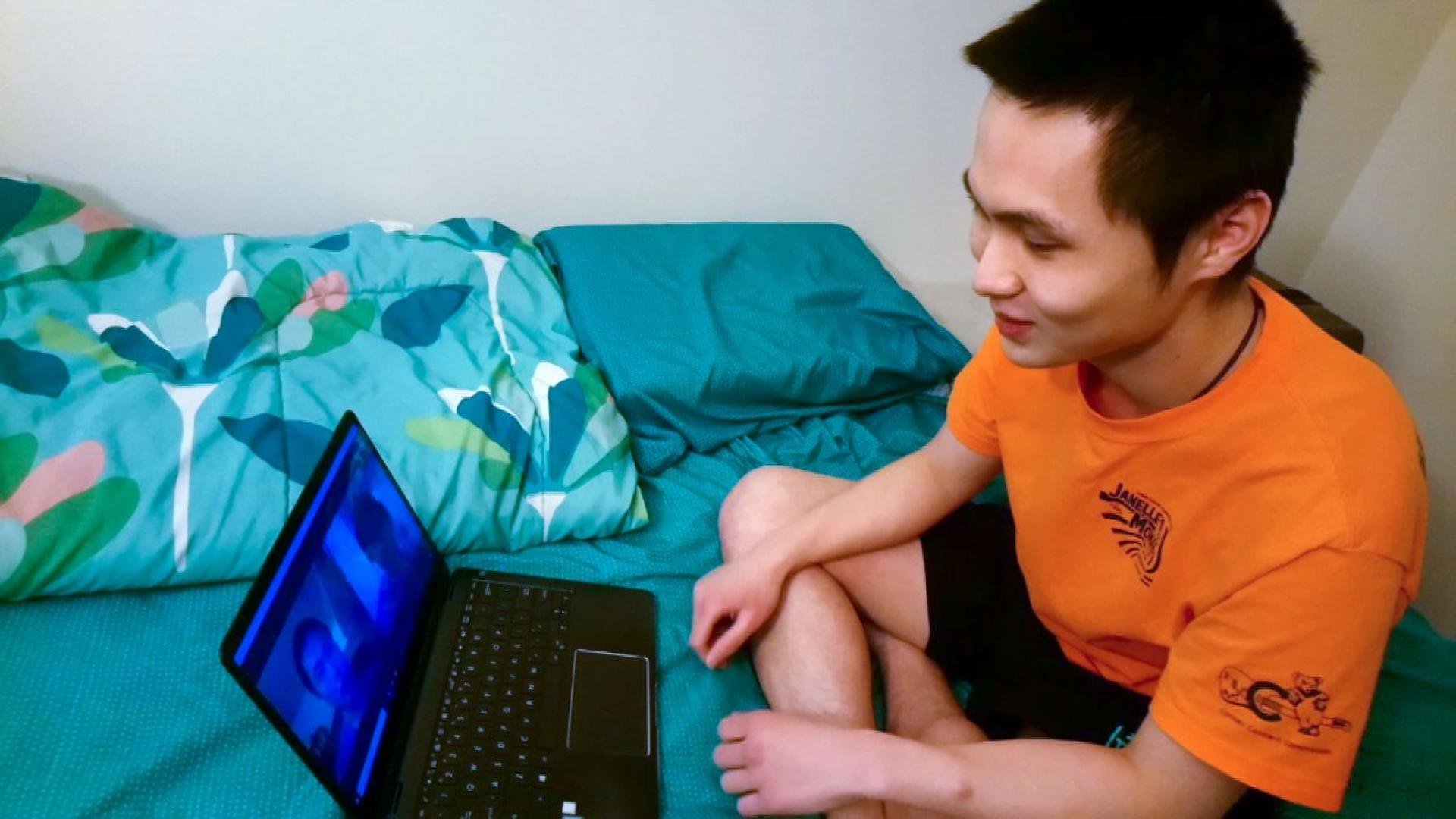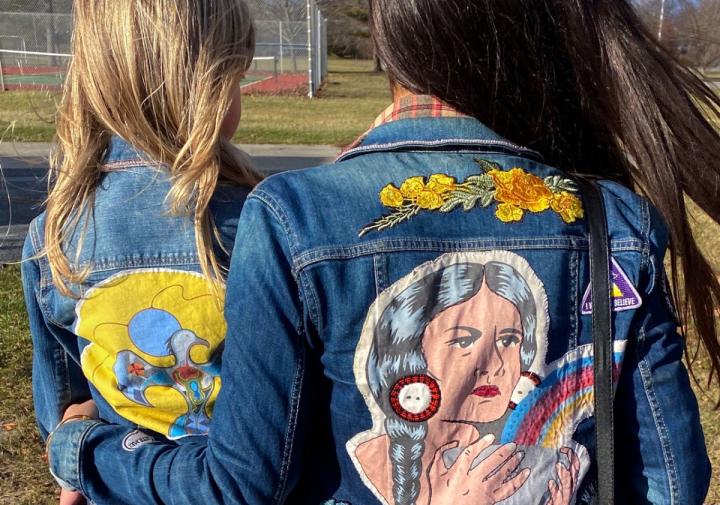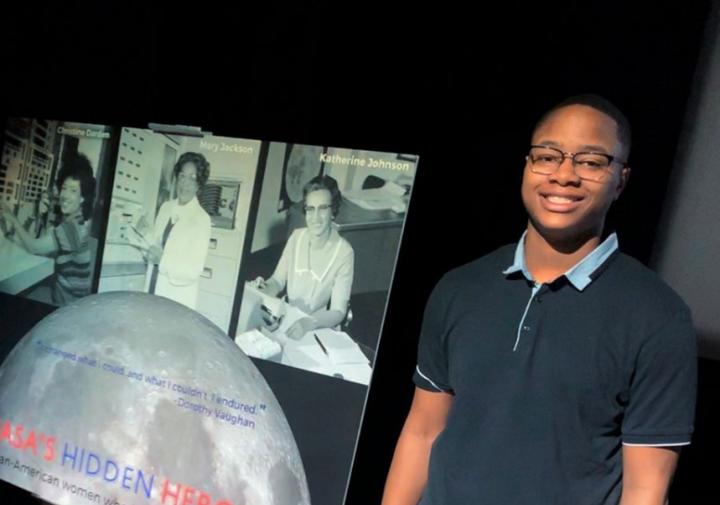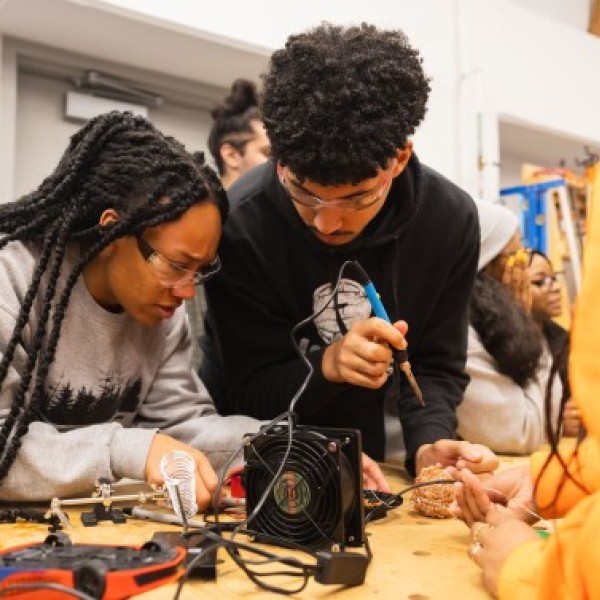Lassan Bagayoko ’22 worries that some classmates no longer have access to on-campus resources like regular meals and safe housing. And Tina Ting ’20 mourns the loss of experiences she would have had during her senior spring.
The coronavirus pandemic has challenged these Cornell students, as they’ve waited for online instruction to begin April 6. But they, and many others, are responding with resilience by taking care of others, and themselves.
During the hiatus from classes, Lucy Lee ’20 and a team of bilingual and multilingual students remotely provided translations in 10 languages for the website user guide of D.C.-based support company DisasterTech to make the content accessible for people who are homebound due to COVID-19. The students normally translate in person for local community agencies through the Translator Interpreter Program, a student-run Cornell Public Service Center program.
Now they’re preparing to do more translations remotely, said Lee, the program’s president.
“When this pandemic is over,” she said, “our volunteers will be able to use what we have learned to respond to times of crisis in the future.”
Liel Sterling ’21, a student advocate in the Student Assembly’s Office of the Student Advocate, has been making OSA Instagram posts to inform students about COVID-19. And as a lead organizer for the Ithaca Tenants Union, she’s been campaigning for an Ithaca rent freeze for those with financial difficulties due to COVID-19.
“I am trying to stay busy by putting my efforts into supporting my friends and community members,” said Sterling. “When you give support, I find that it always comes back.”







